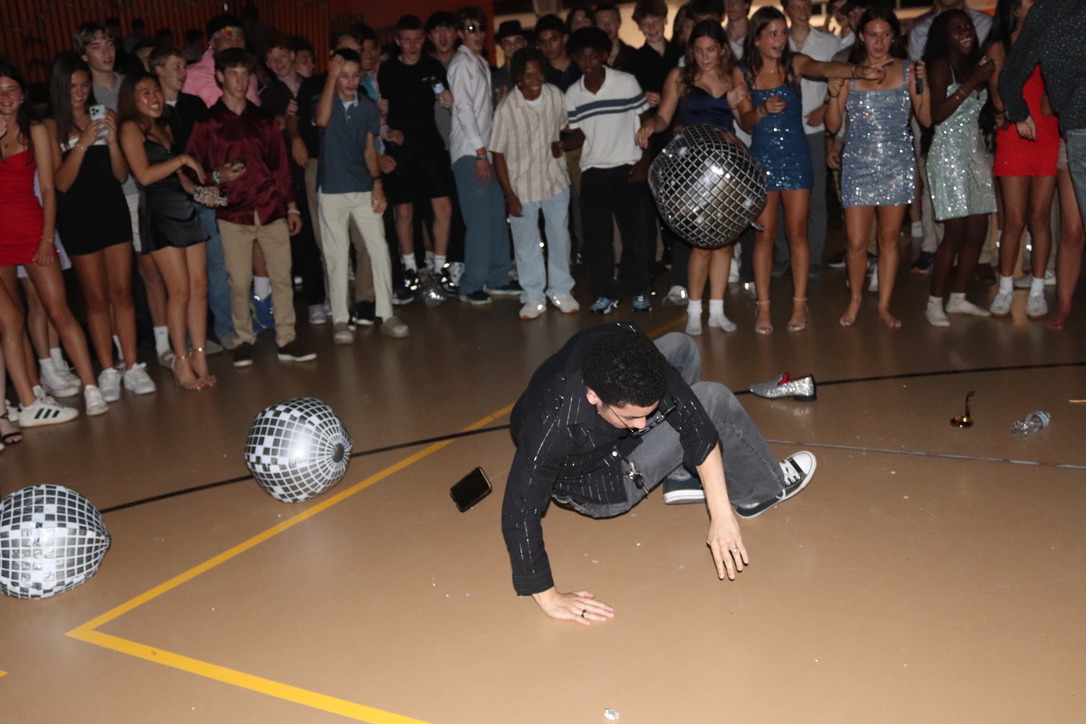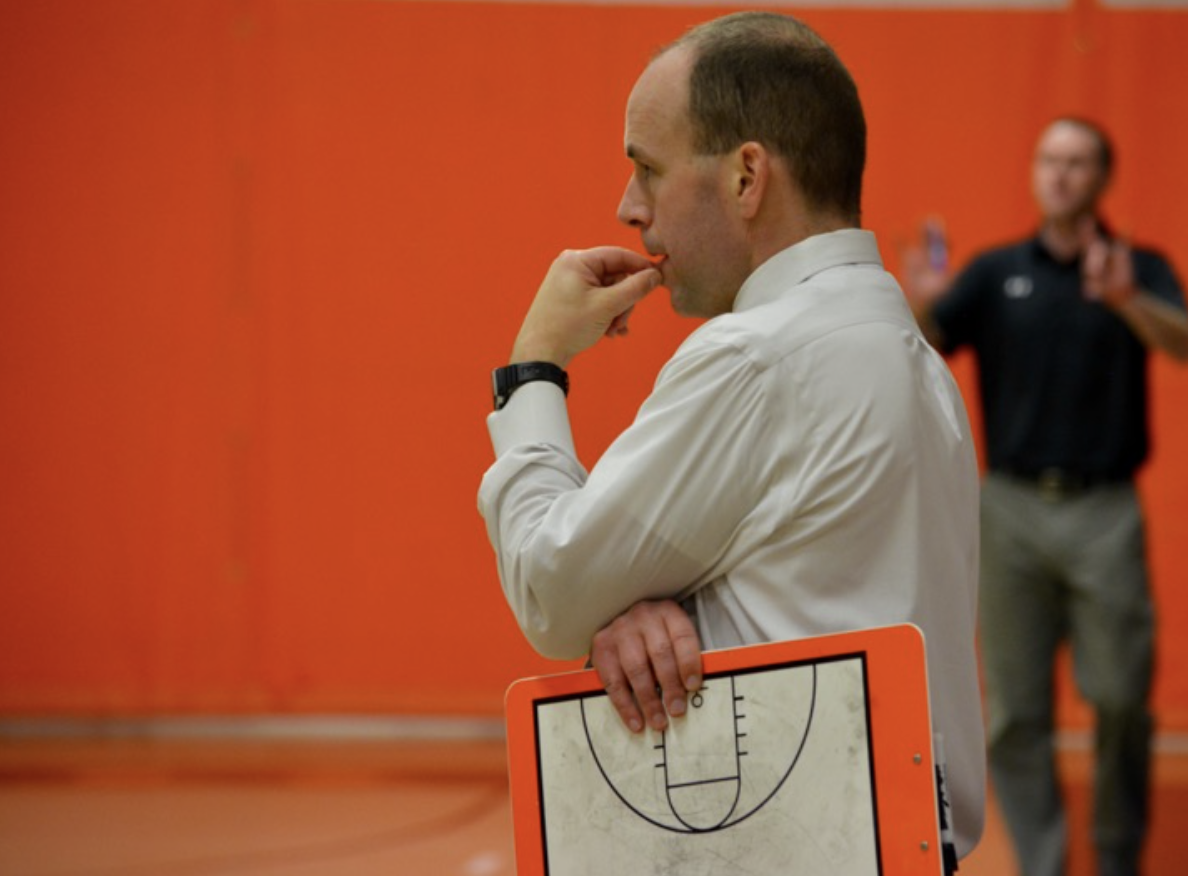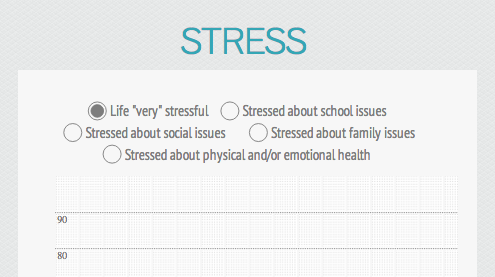The rumored notion that the average child today has the same anxiety levels as a child psychiatric patient in the 1950’s may actually ring true. According to research done on stress in young people by the makers of the movie Race to Nowhere, a film about stress in students, it does.
Stress, in the average student’s life, does not necessarily fulfill its biological purpose. In its most instinctual sense, stress has aided in survival by provoking a “fight or flight” response in trying situations. But in some modern cases, stress may have turned from helpful to harmful.
According to Neil Whitman’s “Student Stress: Effects and Solutions,” if students see education as something challenging, but still recognize it as being good, stress can help them learn by bringing about a sense of competence and, in turn, increasing their capacity to learn. However, if education is viewed as a threat, stress can bring about negative feelings such as a sense of loss and hopelessness.
Stress can also influence more physical changes. According to the New York Times Health Guide, persistent stress can harm all parts of the body, including the brain, heart, lungs, blood vessels and muscles. It can also be a factor in contributing to mental health problems such as “anxiety, withdrawal, aggression, physical illness, or poor coping skills such as drug and/or alcohol use.”
Guidance counselor Dennis Doherty agrees that, while too much stress is harmful, some stress can be a good thing in preparation for college and future life.
“I, as a Wayland High grad myself, can say that I was extremely well prepared for college when I graduated from here 20 years ago,” Doherty said. “Not just prepared for the college classroom, but also prepared socially, emotionally and intellectually. One of the reasons why I, and so many other Wayland graduates, feel prepared is because of the demanding and rigorous curriculum that we have here.”
Doherty believes that it’s difficult to monitor each student’s stress level, but as long as students manage stress in a healthy way, he thinks stress levels should be fine.
“A healthy way of managing stress is first for the student to realize that they’re experiencing stress, and secondly, to share what they’re feeling with other people instead of repressing it,” Doherty said. “It’s not healthy to repress feelings, emotions or stress. People need to talk about it and then access any resources that may be available to help them manage their stress.”
Psychology teacher Erin Lehmann believes there are several strategies in order to combat feeling overwhelmed by stress.
“Number one, I would say to protect your sleep,” Lehmann said. “Number two, make sure you have a reasonable schedule. Number three, make time for downtime, and just rest when you can. Also, know that everything’s going to work out.”
Lehmann believes that her first suggestion, sleep, is incredibly important in combatting stress. Stress can cause lack of sleep, or vice versa, lack of sleep can help cause stress.
“I think that sleep is the root problem for a lot of people,” Lehmann said. “Students are sacrificing sleep, and teenagers need as much as a very young child, and I think that a lot of students don’t understand how important [sleep] is.”
Besides the fact that rest helps prevent stress, sleep also strengthens the immune system, keeping people healthy, which, in turn, further helps to avoid stress.
“If you get enough sleep, you can handle stress much more easily, especially because your immune system is strengthened,” Lehmann said. “Another thing I see with so many stressed kids is that they get really sick.”
Both Doherty and Lehmann agree that one way to prevent excess stress is to not worry so much about the little things.
“If there are tests or a quizzes that doesn’t go students’ ways, or there’s a lower grade on a report card than they would like, students should understand it’s not necessarily the end of the world, and they should see that there are plenty of ways to recover,” Doherty said.
“It’s okay to not be the best all the time and to just realize that no matter what, things are going to work out,” Lehmann said. “I think sometimes people just kind of lose sight of the bigger picture when they get hyper focused on what’s happening in each of their classes, and if they’re not performing at the top of their class, they think their whole life isn’t going to work out for some reason, and that’s just not true. So, I think students need to have a little bit of perspective.”
[polldaddy poll=7655535]






































